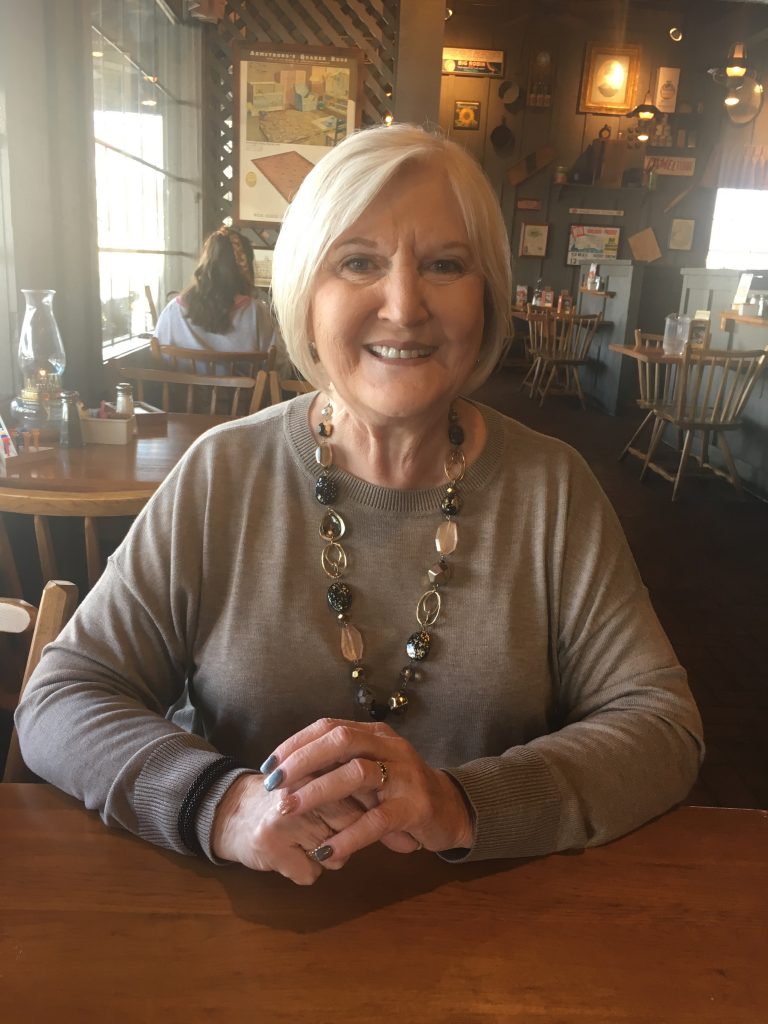
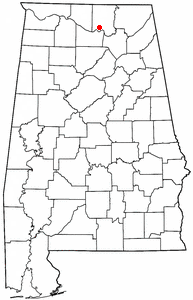
Location of Redstone Arsenal Army Post in Huntsville, AL. Doris was employed by the U. S. government to work at Redstone in 1974.
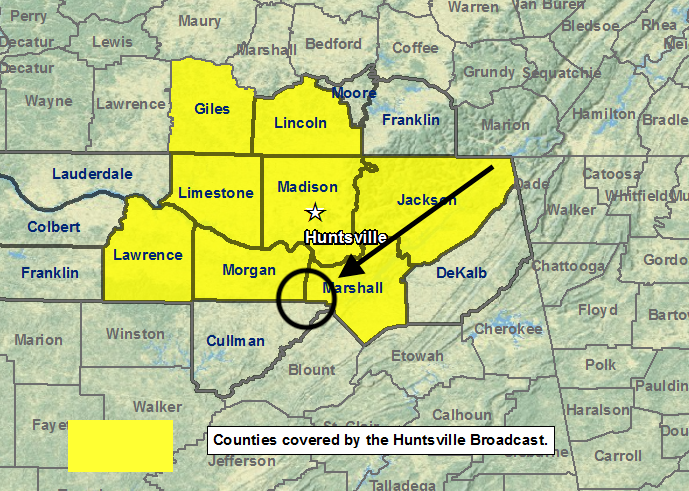
Huntsville is located in North Alabama. Doris lives in her hometown of Arab, AL which is about thirty minutes south of Huntsville.
“I was twenty-five when I began my career with Department of Army.”- Doris Cantrell
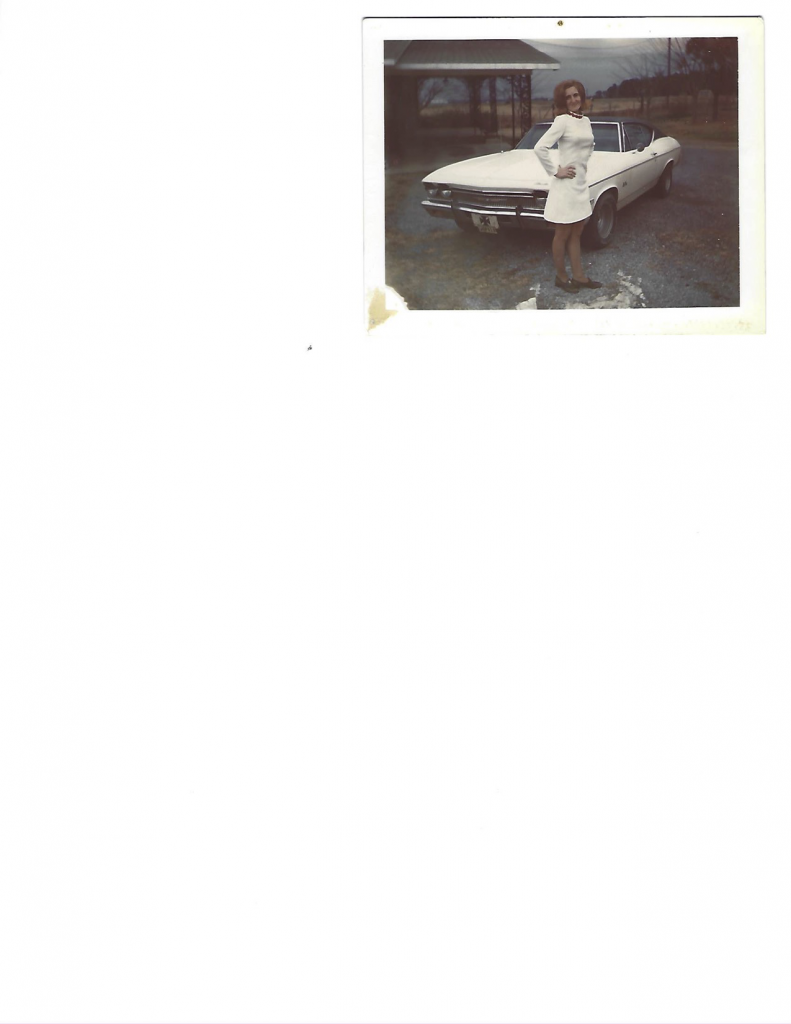
What did Doris’ Job Entail?
Doris Cantrell began her career in 1974 with the Department of Army in the Department of Defense. Throughout the year 1974, she experienced a different perspective of the Vietnam War than a deployed soldier. Her job on Redstone Arsenal required her to work directly with the families of the soldiers who had unfortunately passed away. When a soldier passes away, he is still due his payments that were earned while he was deployed which means a family member/person of close relation must go to Redstone Arsenal and retrieve those for him. This meant that Doris often interacted with family members of the soldiers and was there to see the shock and grief they were going through. Each family is assigned to a Casualty Assistance Rep (CAR) that was there to guide them in the process of securing entitlements for their loved one. Different situations required different procedures, for example, serving in combat required a different pay so each situation brought a new perspective as to what these soldiers were going through across the world. There were some cases of a soldier’s family who had been forced to relocate to the Huntsville area to be near Redstone and the soldier died while in Vietnam. This left his family in a completely new city alone and confused; Doris would help guide them to their next destination. Sometimes, when a soldier passed away he would have some debt owed to the government that would require it be taken out of his military entitlements. This confused already frustrated family members as to why their loved one was deployed in the first place and now giving more money to the government. Doris also had the opportunity to work side by side with officers who had been deployed to Vietnam and returned so she was able to hear on a daily basis what it was like over there and also how to better sympathize with the family members who she was working with daily. Overall, her job provided her with a piece of Vietnam that helps better explain the behind the scenes work in the Army.
Doris’ Vietnam War Perspectives
Doris’ Perspective On the War
Doris’ perspective of the war stayed the same from beginning to end. She never agreed with the war and did not agree with the United States’ involvement in Vietnam. However, her opinion did not impact her treatment or support of the service members.
Doris’ Opinion On Meeting the Military Families
It brought the impacts of the war close at hand and it made everything a reality. It made what you read in the news become a real thing when you meet the people who were impacted.
Doris’ Work Experience and How it Shed a Light on Military Families
For Doris, having dealt with those military families and seeing the hurt and anguish made her realize that the monetary thing they were being provided was so minute compared to the loss they were experiencing. In most cases, the service members themselves had voluntarily agreed to go to Vietnam but what they were getting in return was not something that would be honorable to themselves and the family members who had given so much. It gave her a new sense of respect for them.
Her View on the Military as a Whole
Doris has the utmost respect for the military service members and the sacrifice they give daily. The Vietnam War showed her real families that were impacted by the war and she still holds that same view today. Her husband is retired military and her son in law is currently in the military which gives her an even more personal connection to the sacrifice military families make.
Interview Highlight Information
“During the time that I started my career in 1974, was at the ending of the Vietnam War. So, my involvement in that area of the military was in the portions where the soldiers were being brought home and unfortunately, for those that were not fortunate enough to come home the deaths associated with military, taking care of the payments, the families, in the event of a casualty.“- Doris Cantrell on her job description.
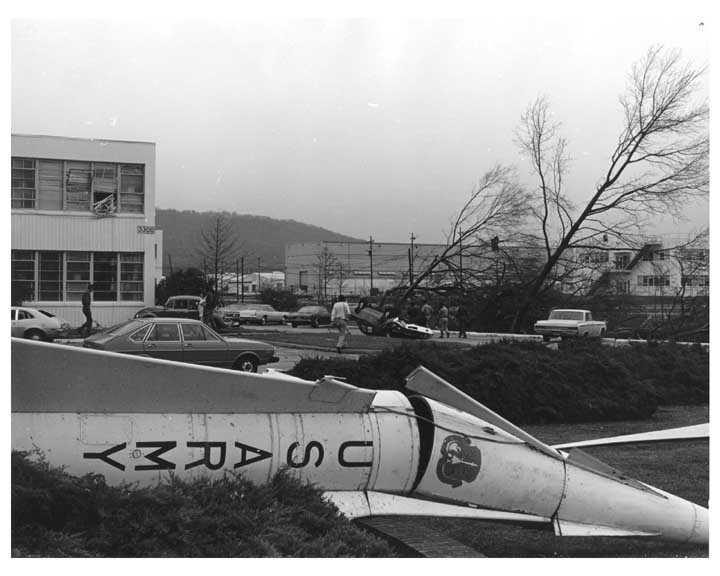
https://history.redstone.army.mil/ihist-1974.html
Redstone Arsenal in 1974 when a tornado struck the Huntsville area.
“I think it definitely affected the way the work environment was because I was working with, directly with, military personnel. Both enlisted and officers, and until you have been around that group of people, you just can’t realize that they’re a different breed. So yes, it put a different spin on the work environment plus it was different in the fact of having to have a soldier’s family come in when they had received word of a casualty and they came in for assistance and you had to put on a whole different feeling about you to be able to be sympathetic and yet be professional in your work.” – Doris Cantrell on working with officers who came back from Vietnam.
“A lot of family members didn’t know basically anything about that service member’s position other than yes, he’s in the Army and yes, he was in Vietnam but they didn’t know what they were entitled to so, the CARs kinda guided the family members and sometimes those family members would be a spouse, sometimes it would be parents, it would be for those single service members that had gone in and their parents was their beneficiaries on their entitlements. So, regardless of whether or not it was, which direction it was…we had the regulations that guided us what to do and how to make sure those families received the entitlements they were due.“- Doris Cantrell on working with the families.
“So it took a lot of sympathy on our parts and yet it took professionalism to try to explain to them why you were having to collect money back and not be insulting to a family member.“- Doris Cantrell on collecting payments due to the government from a soldier’s pay.
“It was difficult in dealing with those emotions on every aspect of this. Especially, I know that one of the first I ever had to go in and pay was a parent. It was actually a father and he came in and he was just completely lost. Had it not been for that CAR that came in for him, that was representing them and trying to give him some guidance, all he was was just standing there with tears, he just couldn’t speak. And that made it difficult.”- Doris Cantrell on grieving families.
“But, as a whole they came in, they did their job-they knew what to do, they knew what was going on when someone came in and that had experienced situations, they could identify with locations, they could identify with what the environment was like over there and they were the first, they would absolutely be the first to jump up and take care of another soldier coming in. And they did it voluntarily because they had been there, and they knew what it was like.” – Doris Cantrell on working with soldiers who had returned fromVietnam.

“Other than maintaining pay, when you look at that soldier and he’s got family back here and he’s counting on somebody to make sure his pay goes in every month to where he has it designated and make sure there’s money for his wife and his kids, or his parents, or knowing his family is going to be taken care of in the event that he’s not fortunate enough to come back home, it really was an important role in that military pay area. So, I have deep sympathetic feelings.” – Doris Cantrell
Further Readings
“Rationality, Performance Measures and Representations of Reality: Planning, Programming and Budgeting and the Vietnam War”
https://www.sciencedirect.com/science/article/pii/S1045235404001285
“The Vietnam Veterans Memorial: Commemorating a Difficult Past”
https://www.jstor.org/stable/2781381?seq=1#metadata_info_tab_contents